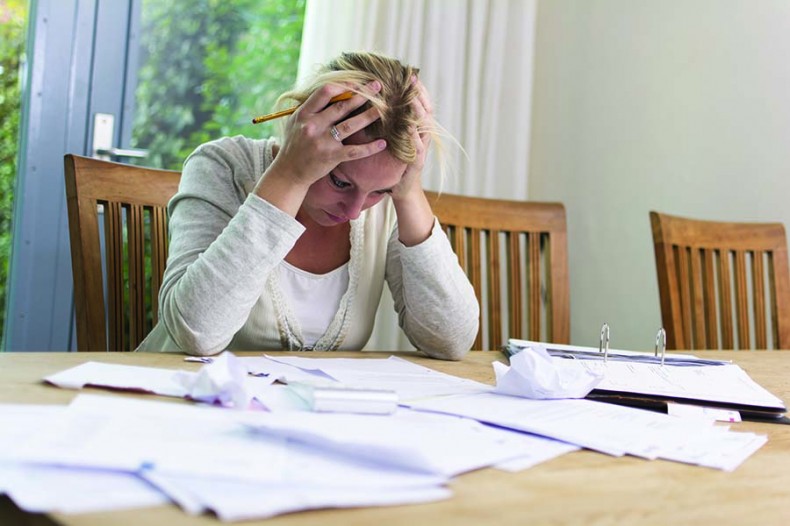- Home /
- Issues /
- Departments /
- Carolina Living /
- Paying Off Your Debts
Paying Off Your Debts
Savvy tactics put you on path for brighter financial future
By Allison GoldbergIgnored debt can be like a shadow in the late afternoon, growing exponentially thanks to compounding monthly interest rates. Don’t let financial gloom sneak up on you. Be proactive. Using common-sense tactics, you can pay off your debts.
Stop creating new debt
Paying off your debt will make you happier than buying something you don’t need. Make a tight budget and stick to it. Avoid using your credit cards and consider temporarily freezing your credit card accounts. Make your own lunches and coffee. Buy generic brands. Free up money every reasonable way you can.
Assess your debt
Make a list of your debts with amounts owed and interest rates. Call your credit card companies. Explain that you are making a plan to pay off your debt and improve your credit score. Ask them to lower your interest rate. The worst-case scenario is hearing, “No, we can’t,” a few times. The best-case scenario is reducing your interest rate by a few points, which will reduce the time and money necessary to pay off your debts.
Use the avalanche method
If possible and financially sound, transfer all or a portion of the balance of your highest interest rate credit card to your lowest interest rate credit card. Make certain that transfers are not subject to higher interest rates, special offers won’t expire and lead to higher interest rates, and do not exceed your credit limit, which might result in additional fees or penalties.
While continuing to pay at least the minimum payment on all your accounts, pay as much as possible on the account with the highest interest rate. Once your highest interest rate account is paid in full, add the amount you were paying on the highest interest rate account to the minimum monthly payment on your next highest interest rate account. This is often referred to as the avalanche method for paying off debt.
The more debt you pay off, the more money you have each month to pay off remaining debt, creating a monetary snowball effect that will work in your favor.
Borrow from yourself
If you can pay off your debt without dipping into your savings, 401(k) account or a life insurance policy with cash value, you should. However, if you must dip into your savings account, add the debt to your list and pay back more than what you borrowed. Always maintain an emergency fund to keep the next car or home repair from sending you further into debt.
Alternatively, consider taking a loan from your 401(k) or life insurance policy with cash value. The interest rates for doing so are often below commercial rates, especially for someone with a low credit score. Gather information about borrowing from your 401(k) or life insurance policy and decide if it is the right choice for your situation.


